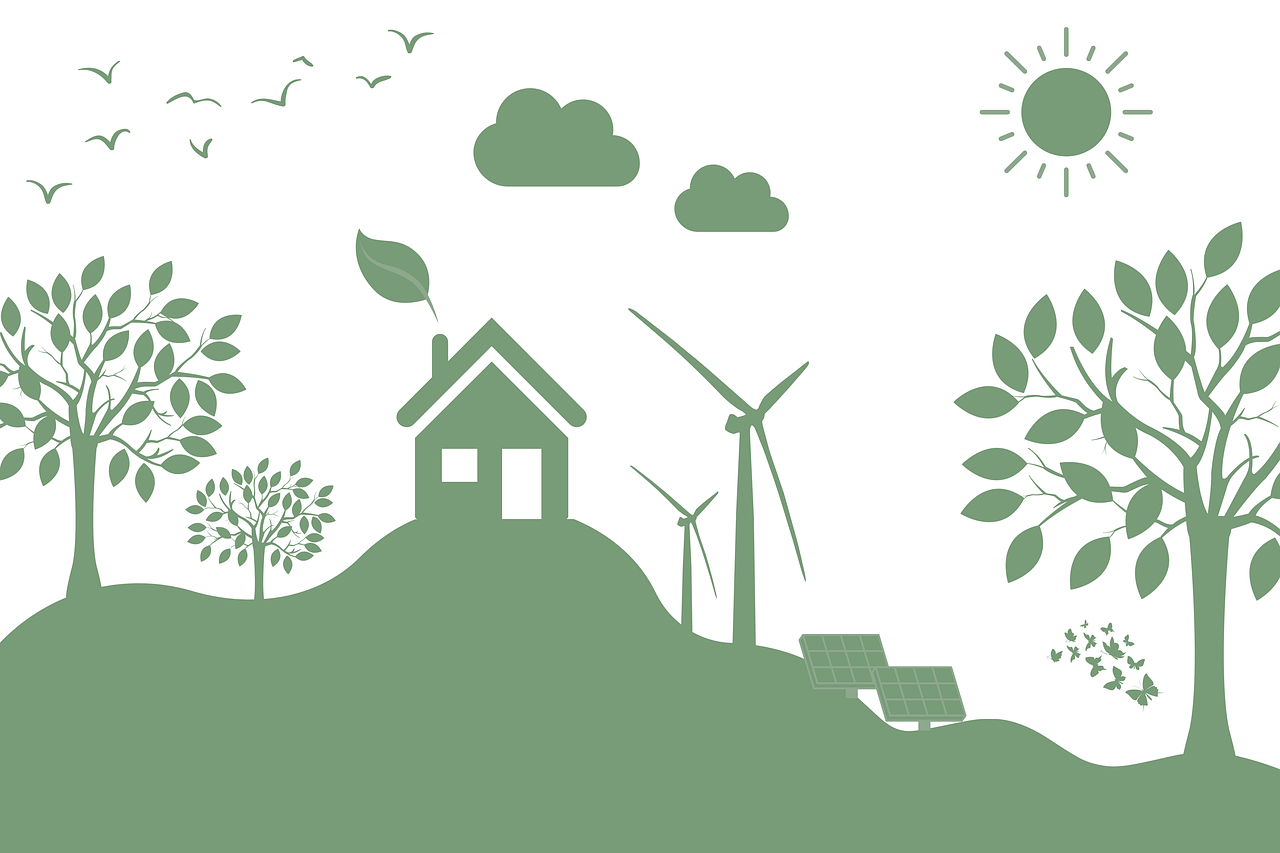The course offered participating students the opportunity to develop leadership skills while tackling some of the world’s most pressing problems, using as a framework the United Nations Sustainable Development Goals (SDGs).
A total of 56 students from across University of Kent and select university partners successfully graduated from the programme, claiming a micro-credential and digital certificate that demonstrates the skills they developed.
These skills included the ability to apply rapid action on their chosen Sustainability Development Goal, collaborating with diverse networks, confidence in how better to inform people’s perspectives, an understanding of the nature of hierarchies, the ability to compare approaches to best operate across those hierarchies, and the ability to evaluate their own values in relation to key global issues.
Of the 17 Sustainable Development Goals, the participating students were most passionate about number 3 – Good Health and Wellbeing; 4 – Quality Education; and 5 – Gender Equality. Other SDGs popular with participants included 11 – Sustainable Cities and Communities; and 13 – Climate Action.

Students were asked to complete three assessments, including writing a summary, creating a PowerPoint presentation, and creating a five-stage storyboard, all focusing on a global challenge they chose to tackle.
Challenges participants chose to address included taking part in local community action and outreach efforts for preventing climate damage, communicating a clear message on sustainable cities, and helping to make their community carbon neutral.
Students considered how to challenge people’s perceptions on their chosen issue and how to inform people’s perspectives, as well the biggest barriers they would face and how they would overcome them.
On average, the participants strongly agreed that taking part in the Global Citizenship course helped them to feel able to collaborate across diverse networks, to challenge preconceptions when solving complex problems, and to work across hierarchies. They also agreed that the course had furnished them with skills they would be able to implement in the future.
A follow-up workshop took place in March to enable participants to take the next step with implementing their action plans from the course.

Student Experience of Sustainability
Virtual study projects like this one provide students with the opportunity to engage with sustainability topics in a collaborative and accessible way.
At the University of Kent Learning and Teaching Conference on Tuesday 27 June, our very own Internationalisation Officer Emma Marku will be delivering a paper on the topic of Global Learning Online (GLO). The presentation, titled ‘Broadening students’ experience of sustainability: Linking the formal and informal curriculum in a global context’ is part of a panel titled ‘ESD, Employability, and Internationalisation’.
Emma will be discussing the Global Citizenship course, alongside The Global Officers Leadership (GOLD) Programme, which has been running since 2017. Working with Kent’s Sustainability Team, the GOLD Programme aims to deliver Education for Sustainable Development (ESD) including through peer-to-peer advocacy. Both initiatives help students develop vital employability skills like adaptability, creativity, cultural empathy, problem-solving and commitment to key global issues.
Global Learning Online (GLO)
Global Learning Online (GLO) initiatives offer a climate-friendly, sustainable and accessible way to bring diverse global perspectives into the classroom. Virtual study projects like this one provide students with collaborative digital learning experiences that enhance a range of skills.
From virtual exchanges with partner universities and organisations to bespoke projects, Kent offers a range of virtual mobility opportunities, including buddy schemes, cultural immersion activities, intercultural engagement programmes and virtual exchanges.

